Free-to-play or fee-to-pay? The best and worst F2P games
The dos and don'ts of microtransactions
Sign up for breaking news, reviews, opinion, top tech deals, and more.
You are now subscribed
Your newsletter sign-up was successful
Candy Crush Saga
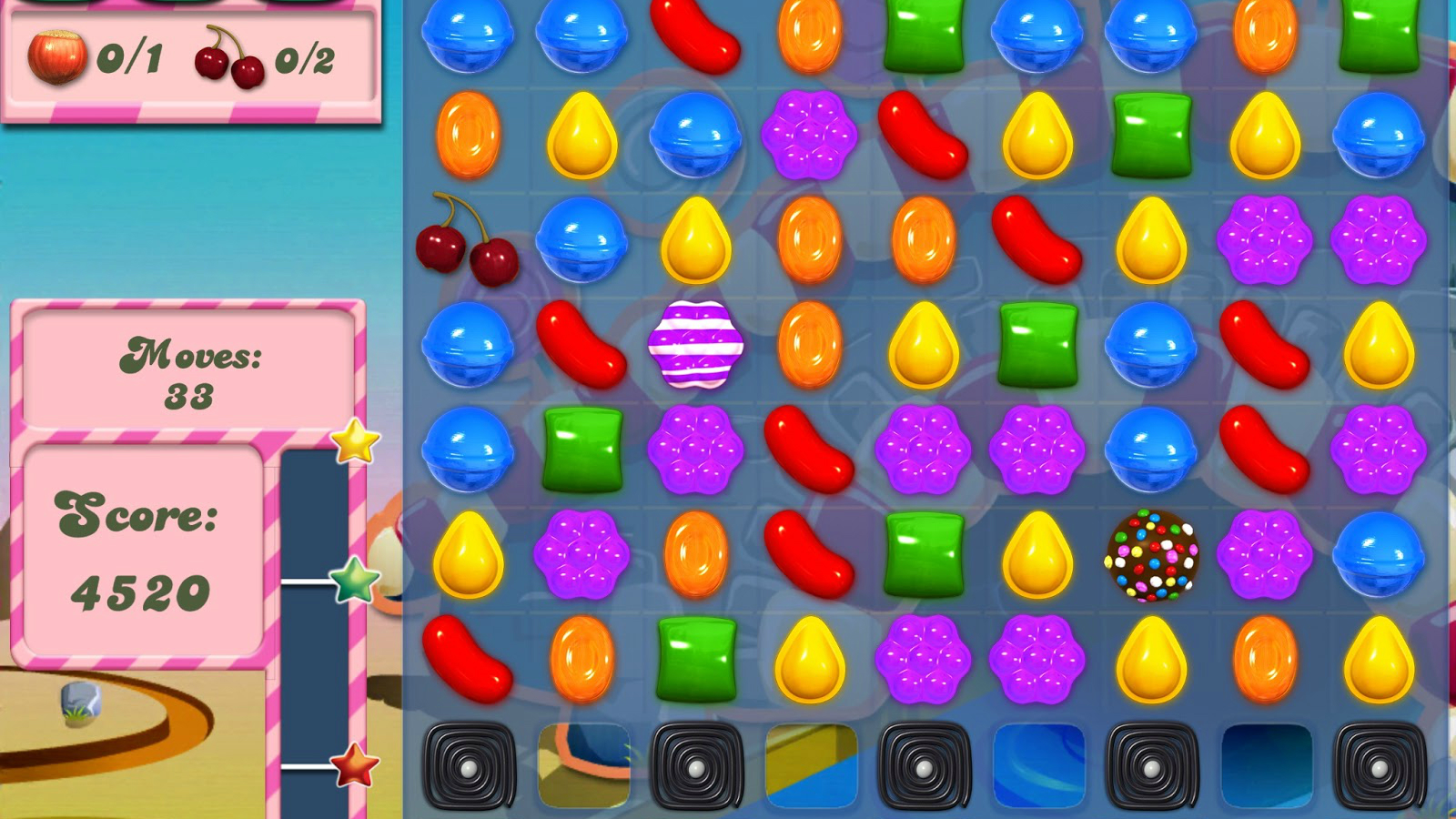
It's a shame that a game spearheading the mumification of games is so egregious in its monetisation, but a more softly-softly approach wouldn't bring in hundreds of thousands a day.
King's Candy Crush Saga uses what many would call "coercive monetisation" with a system that requires a fictional currency to obscure its true monetary value. With a function similar to one-armed bandits, power spenders have been known to drop thousands on Candy Crush.
"You come at the king, you best not miss," the immortal words of The Wire's Omar Little, a phrase befitting Candy Crush Saga and its creator's aggressive and unfounded attempts to thwart not just the competition, but the use of any word featured it its already spectacularly generic title.
Angry Birds Go!
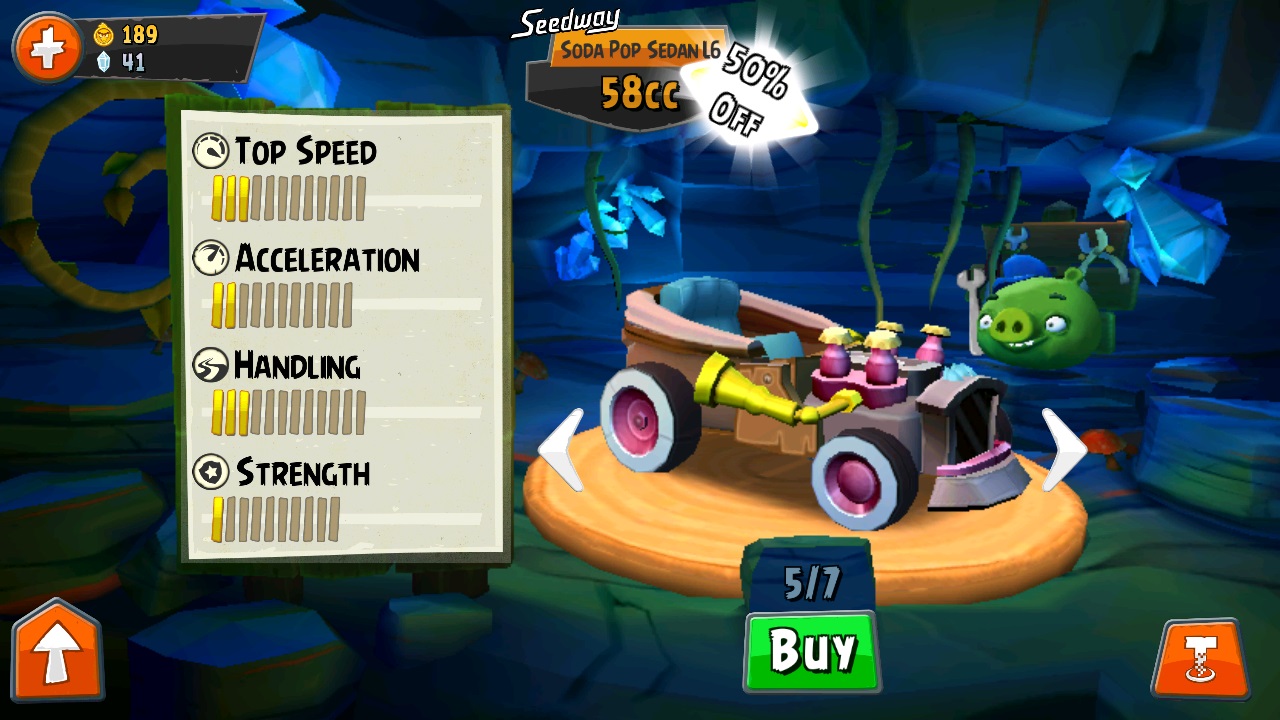
Nobody predicted the dawn of the Angry Birds generation, but that once Mars bar-priced physics puzzler now has its greasy wings in every nook and cranny of popular culture. Walk into any supermarket - the snack and drink aisles are covered with a myriad of tangentially relevant products, all aimed at children.
Beyond the system's expected shortcomings, you'd think a F2P mobile kart racer might take certain precautions so as to avoid exploiting its tiny, mushy-headed users, but you'd be wrong.
Sign up for breaking news, reviews, opinion, top tech deals, and more.
The most expensive cost a distressing $50 – half the price they were on release – and are by far the most powerful carts available. Does that sound okay to you?
FIFA's Ultimate Team
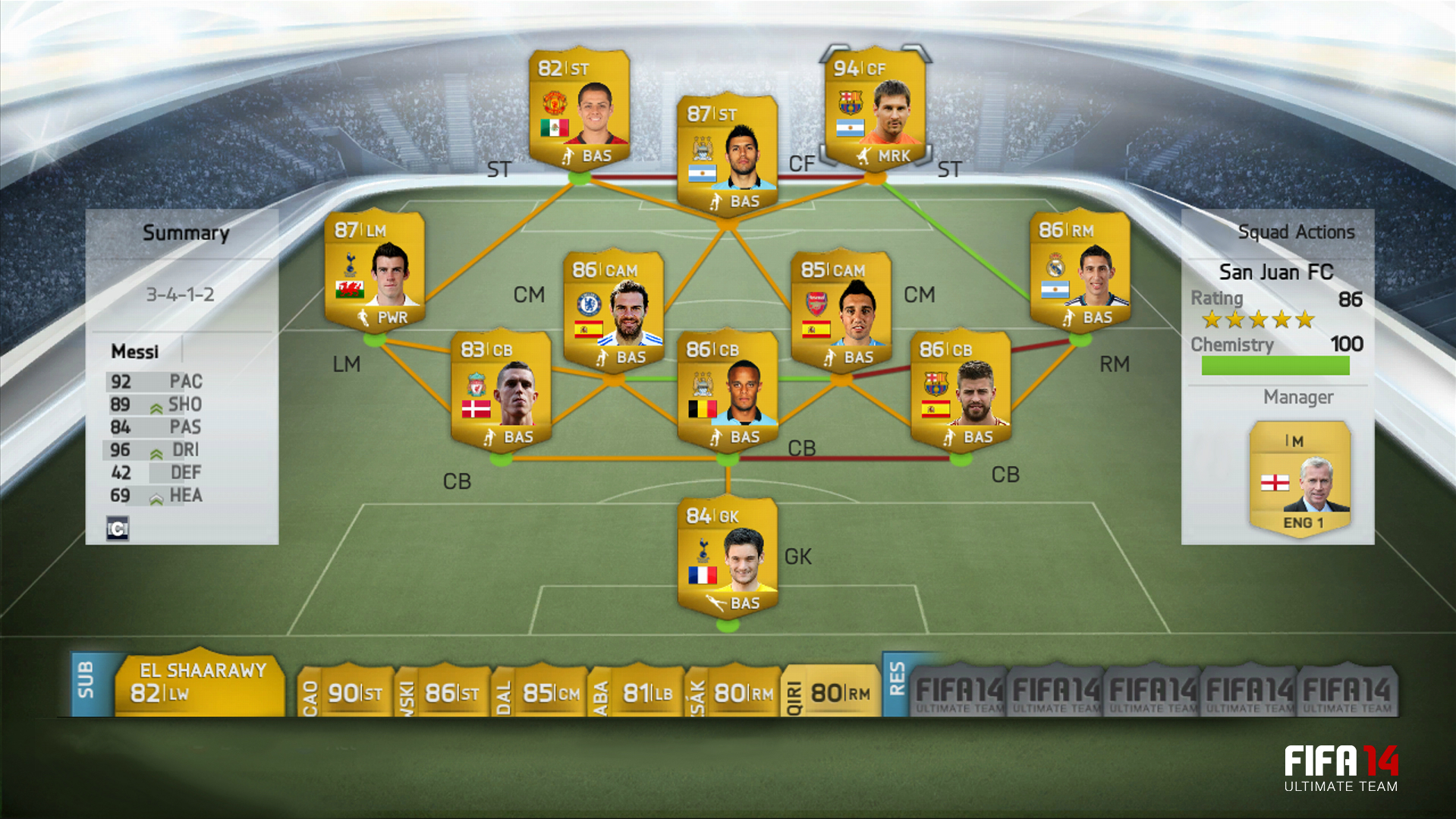
A slightly sneaky entry, perhaps, but then so is Ultimate Team. There's something additionally sinister about embedding a free-to-play game within a retail video gaming behemoth.
Unlike Hearthstone, Ultimate Team is all about volume, an economy skewed so any player rated over 85 is near-unattainable for those who refuse to pay, except through phenomenal chance. Enticing card packs are overpriced and only an option for the serial grinder.
When your average match pays out 400-500 coins, and winning a league around 5000, you can forget about Messi. Sustainability is more than possible, but settling for that within a paid game feels nothing short of egregious.
Clash of Clans
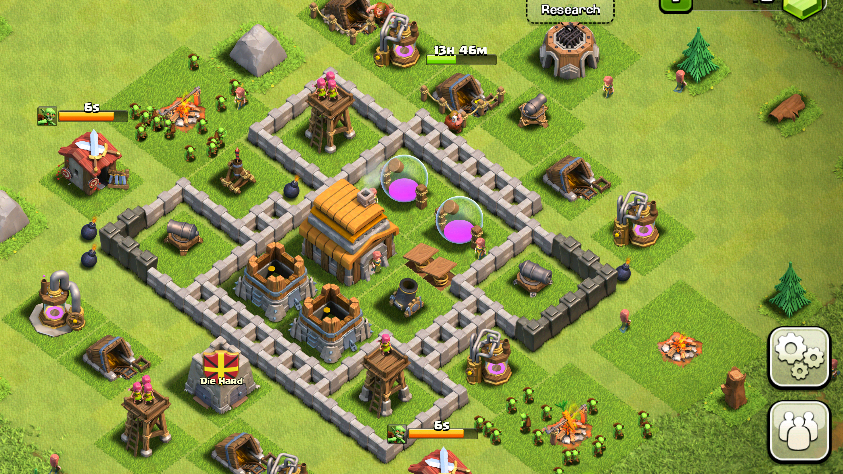
Mention F2P to a given group of people and about two-thirds will instinctively recoil with revulsion. Clash of Clans is one reason why. It's precisely what most people think the majority of F2P games are like, and the reason the model is so maligned.
It's the classic case of quite deliberately shrouding game design with frustration, prodding and riling the player into parting with their money. Largely in order to bypass its artificial time barriers; finishing a town hall early to train better troops, to allow for more progression in battles. 'Classic' F2P in a sense, its placement of money before entertainment leaves Clash of Clans so open to criticism.
Dungeon Keeper
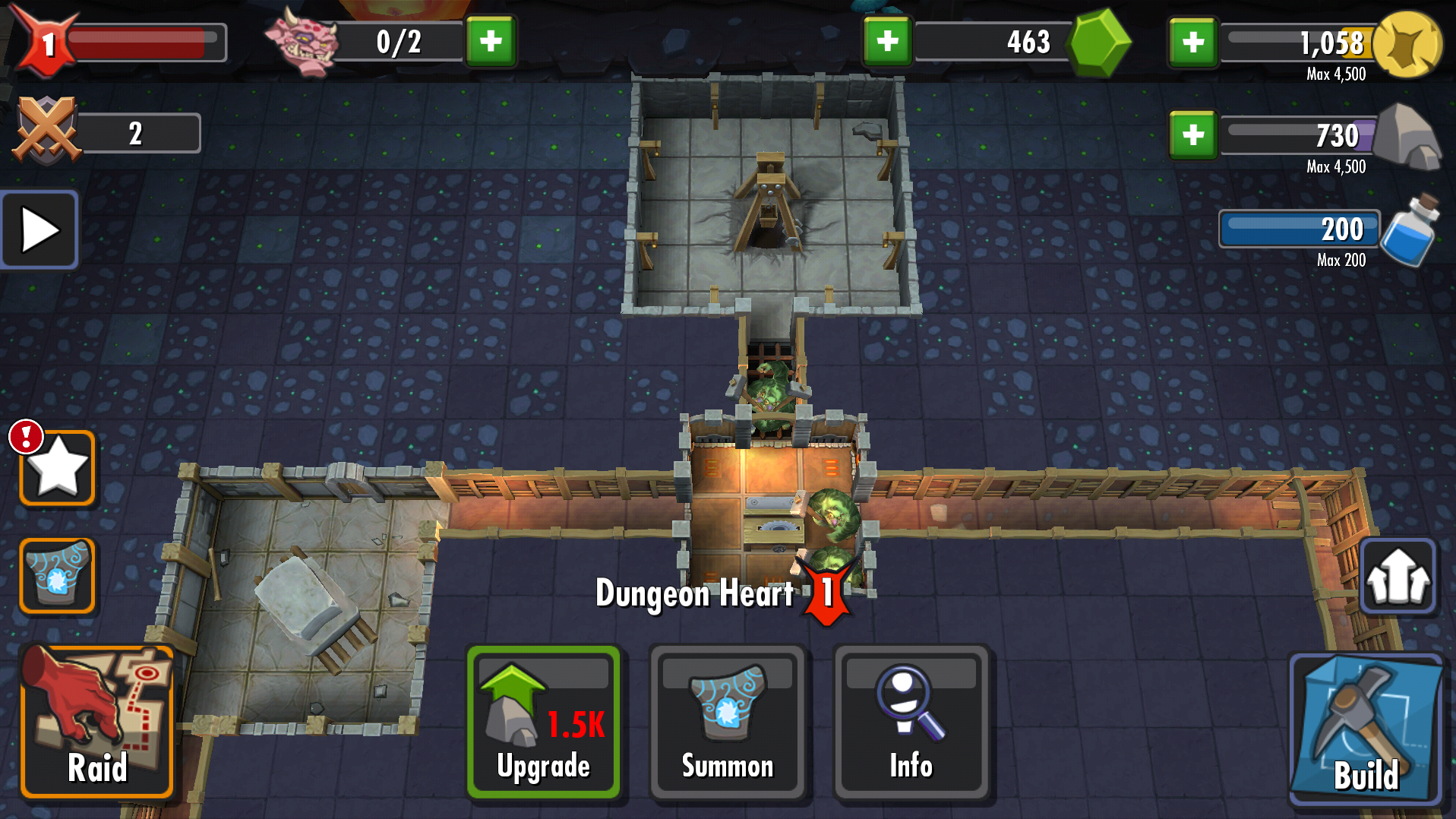
Chipping out even the most modest-sized room can take real-life days, and at its core a shameless replication of the aforementioned Clash of Clans. Not only do microtransactions sully a good memory, but in this instance counter-intuitive to strategy.
When failure has little to no consequence, what on earth is the point? Attacks are automatically repaired without your say so, with maybe a handful of resources pinched – strategy means nothing if every approach works the same.
Reboot? Check. Nineties nostalgia trip? Check. Misguided attempt at shoehorning classic, timeless game design into time gates and several forms of deliberately obfuscating currency? Check. 2014's Dungeon Keeper has it all and less.
Getting the balance right: a Plants vs Zombies 2 investigation